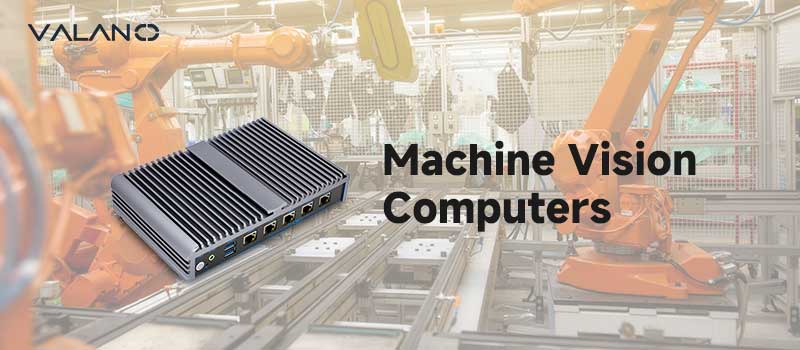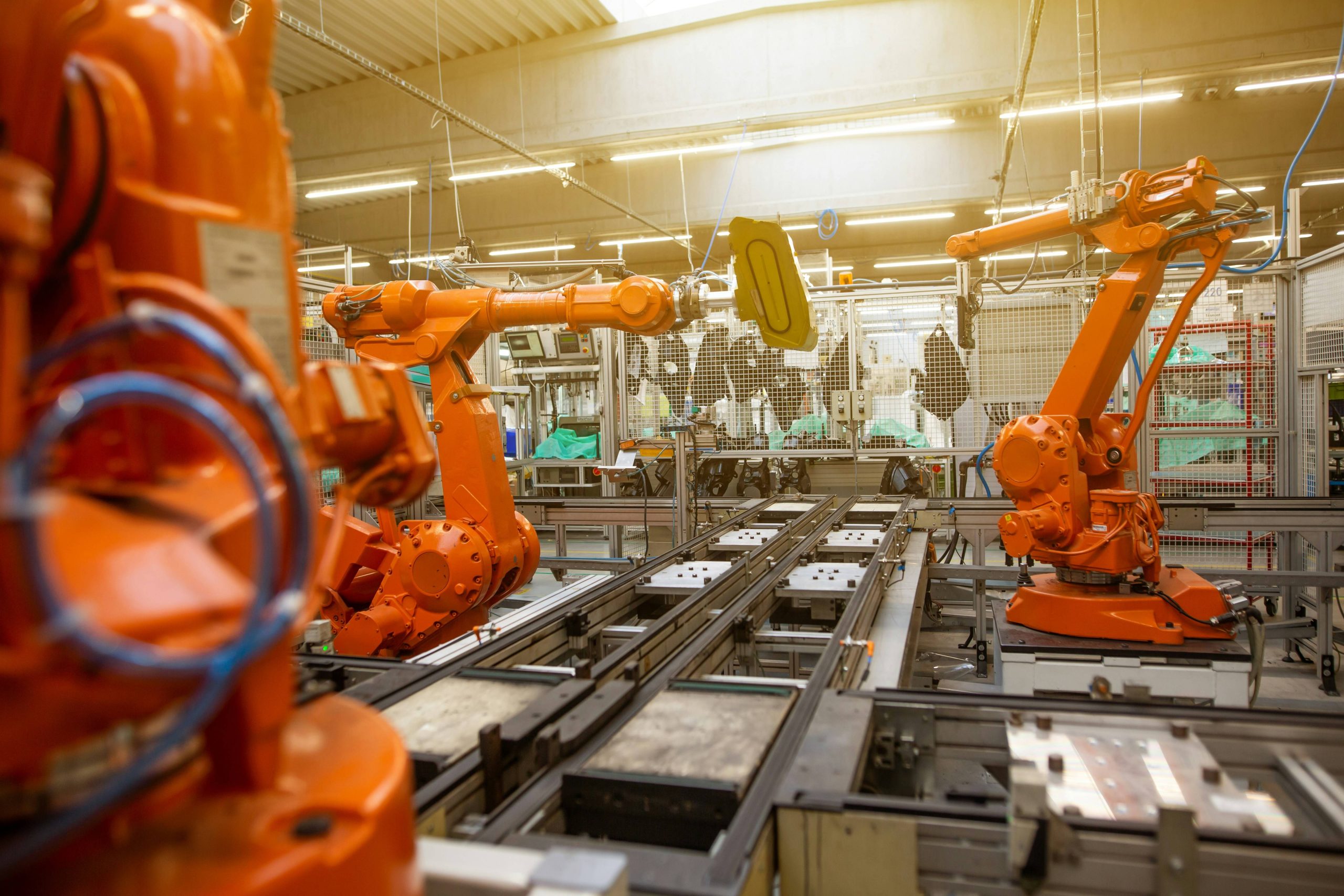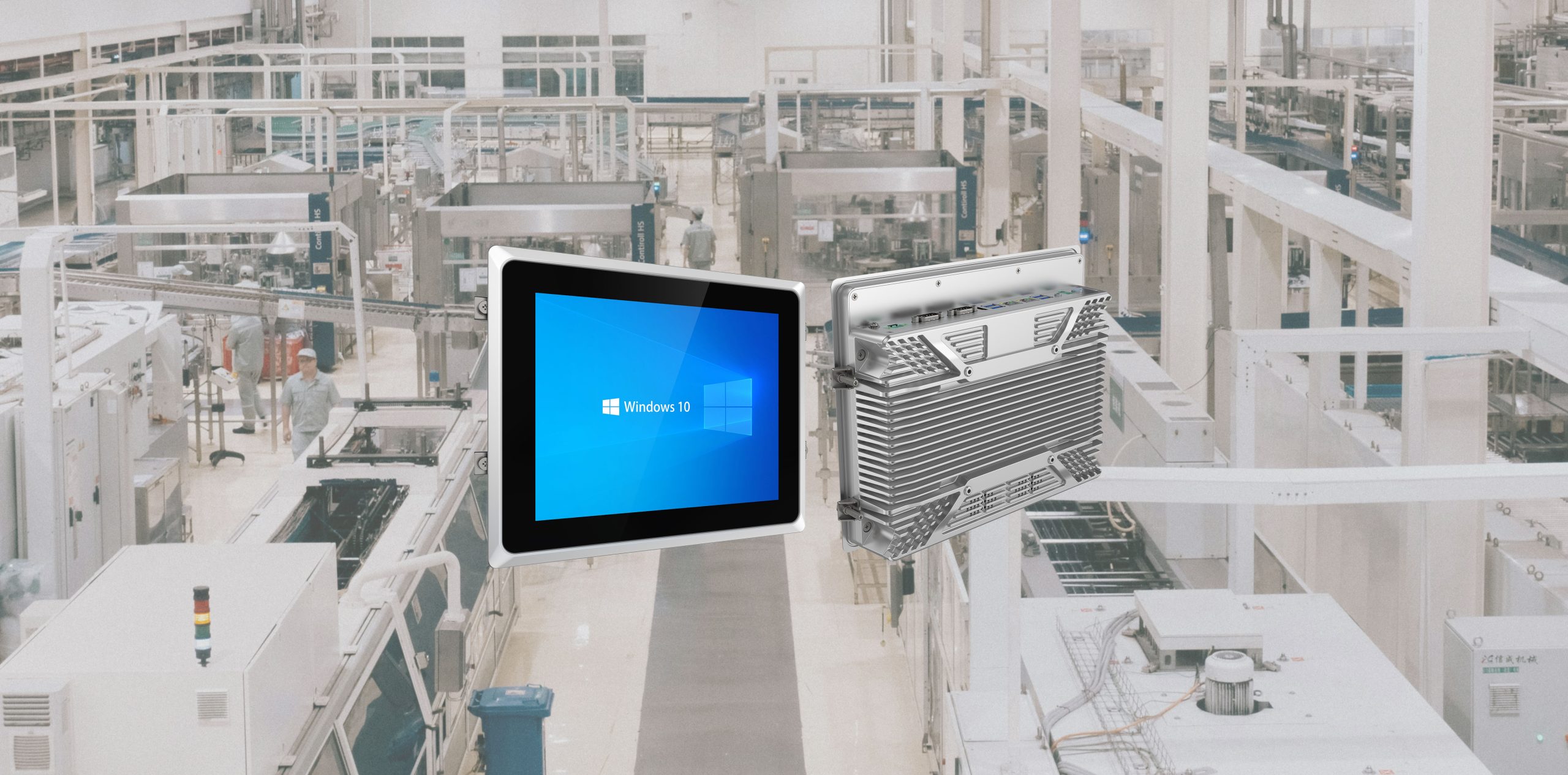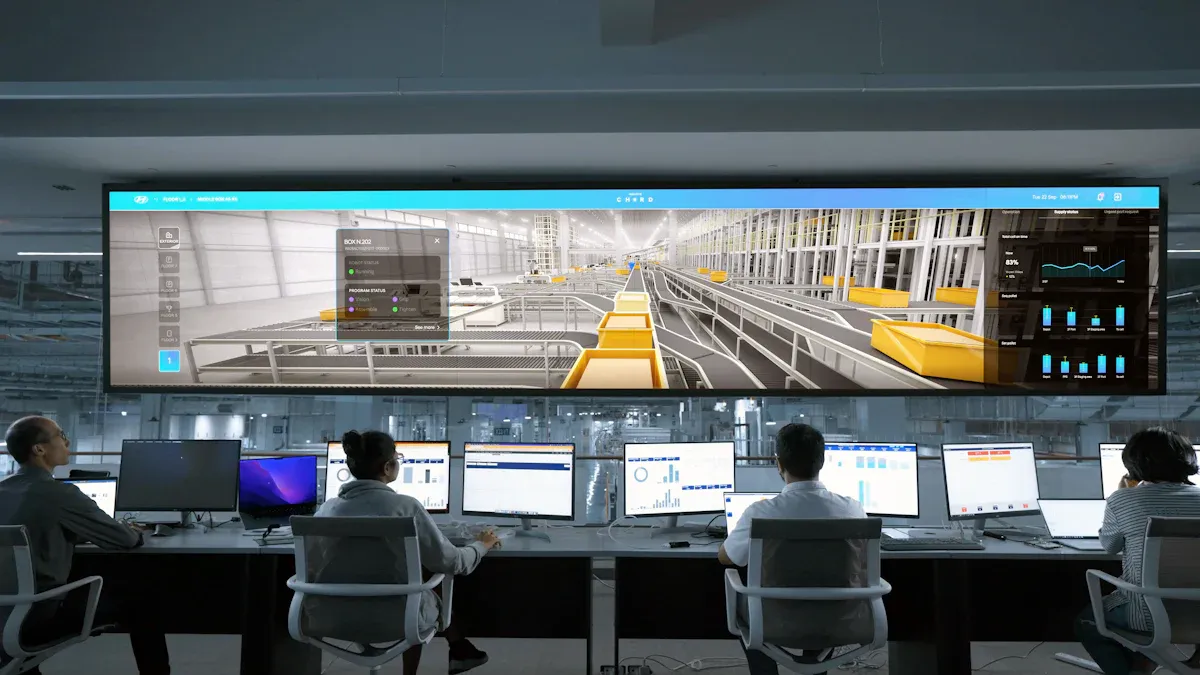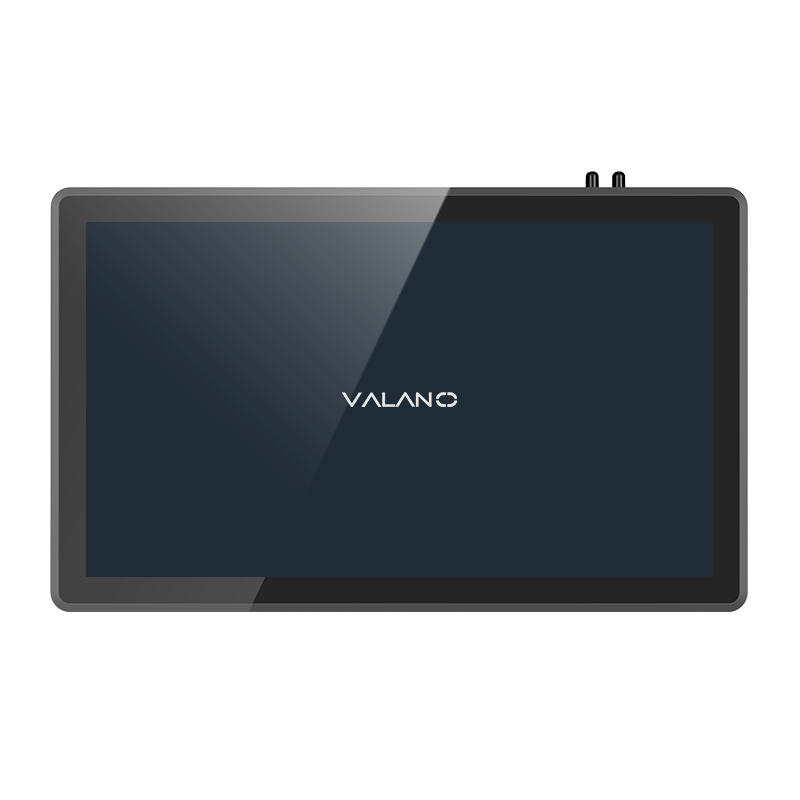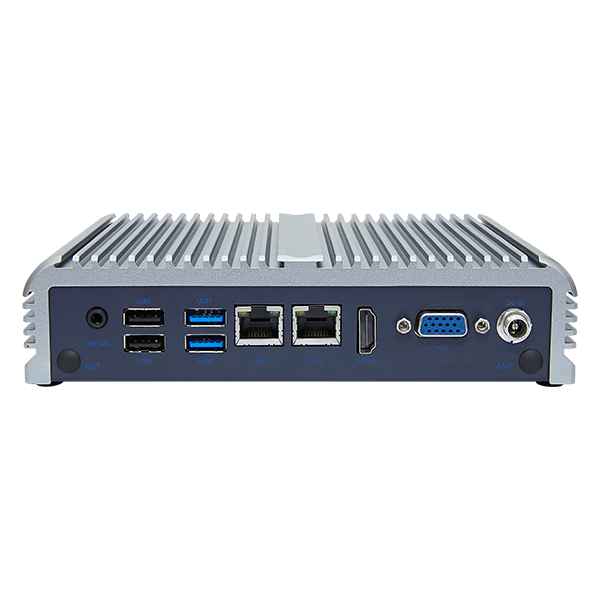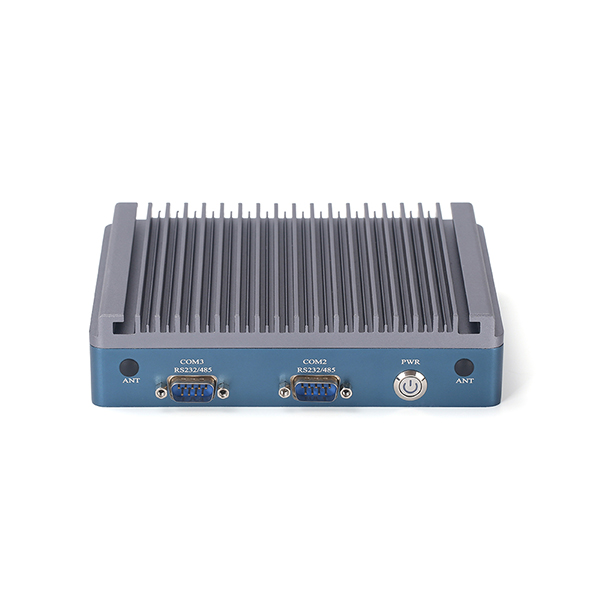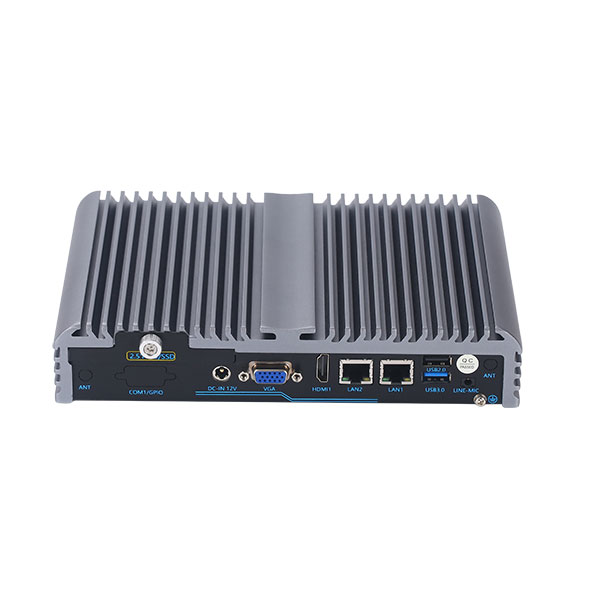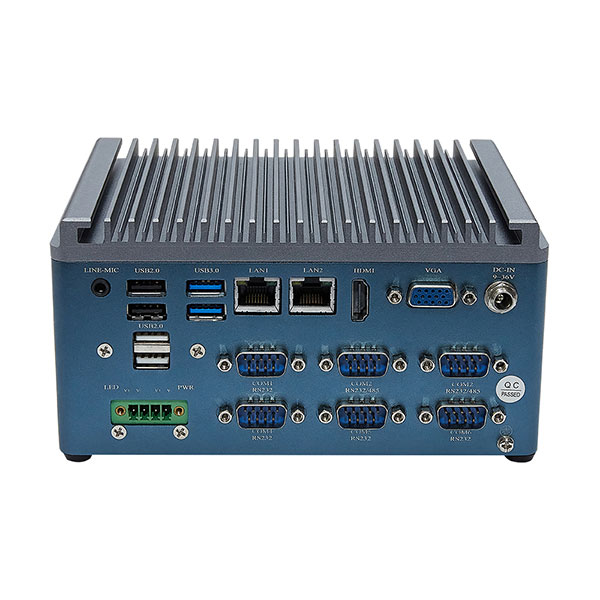Accelerating Digital Transformation in Manufacturing: The Essential Role of Industrial Computers
In the wake of Industry 4.0, industrial manufacturing enterprises are accelerating their transition to digital and intelligent production technologies to achieve higher efficiency. However, this transformation introduces several challenges, such as high upfront investment, technical complexities, integration hurdles, and data security risks. Selecting the optimal solution to maximize cost-effectiveness is crucial.
One key technology that addresses these challenges is the industrial computer for manufacturing automation. With its high performance, stability, and flexibility, it helps businesses lower costs, streamline system integration, and simplify data security. By reducing technical complexities, industrial computers enable the seamless execution of intelligent manufacturing strategies.
Key Players in Industrial Automation: Enhancing Productivity and Intelligence with Industrial Computers
Industrial computers play an essential role in modern production automation, driving significant improvements in productivity and operational intelligence. Their powerful real-time data processing capabilities allow production lines to respond swiftly to data changes, leading to enhanced productivity and stability. This is particularly crucial in environments requiring precise control and rapid adjustments. Unlike traditional computers, industrial computers are designed to withstand harsh industrial conditions, such as high temperatures, high humidity, and strong vibrations, ensuring stable and reliable operation.
Industrial computers integrate multiple communication interfaces and protocols, enabling seamless connectivity between various devices and systems. This ability to work together not only simplifies system integration but also helps reduce operational costs.
Moreover, industrial computers offer advanced intelligent control functions like flexible control and predictive maintenance. These features dynamically adjust production processes based on real-time data, optimizing both productivity and quality. Traditional computers lack these industry-specific intelligent capabilities. With remote monitoring and management, industrial computers facilitate real-time tracking and adjustment of production processes, enhancing both controllability and safety. These technological advantages make industrial computers a key driver of industrial intelligence and digital transformation.
Maximizing Manufacturing Efficiency: Real-World Applications of Industrial Computers
The role of industrial computers (IPCs) in enhancing manufacturing productivity is clear. In industries ranging from automotive to food processing, IPCs enable real-time data processing and intelligent control, leading to significant improvements in efficiency and output.
For instance, in a large automotive manufacturing plant, IPCs monitor and optimize every stage of the production line. From welding to assembly, the system processes real-time data at each step. This real-time capability allows the production line to quickly respond to changes and automatically adjust equipment operations, reducing bottlenecks and downtime. As a result, the plant saw a 15% increase in productivity, an improvement that would be difficult to achieve using traditional computer systems.
Similarly, in the food processing industry, a major food production company uses IPCs for predictive maintenance. By analyzing operating data, potential equipment failures are identified in advance. This approach allows maintenance to be performed proactively, preventing sudden production stoppages. The benefits include not only improved productivity but also reduced maintenance costs, with a 20% increase in productivity achieved through these preventive measures.
These real-world examples demonstrate how industrial computers can optimize production processes by leveraging real-time data analysis and intelligent control, leading to significant productivity gains.
Valano IC07 Pro: High-Performance Embedded Industrial Computer for Automation in Smart Manufacturing
The Valano IC07 Pro industrial computer is an advanced embedded system, specifically designed to meet the demands of modern automation in smart manufacturing environments. Powered by an Intel® Celeron J6412 quad-core processor with a base frequency of 2.0GHz and a burst frequency up to 2.6GHz, this high-performance system ensures seamless execution of automation tasks, making it a key component for automated production lines.
Optimized Networking and Memory for High-Speed Automation
The Valano IC07 Pro is equipped with two Intel I226-V 2.5G high-performance network ports, which guarantee fast, stable data transfers, critical for the real-time communication and control required in automated production systems. Additionally, the system includes a DDR4 3200 memory slot that supports up to 16GB, facilitating the efficient handling of large datasets and complex processing tasks typical in automation workflows.
Flexible Storage and Display Options for Industrial Automation
To support the large volumes of data generated by automated systems, the IC07 Pro offers flexible storage options with one SATA interface and an M.2 2280 slot that supports SATA3.0, ensuring quick and reliable access to data. The system also comes with both HDMI and VGA display outputs, enabling the use of multiple screens for monitoring and controlling various aspects of automated production lines.
Advanced Connectivity and Adaptability for Smart Factories
In the era of Industry 4.0, connectivity is key. The Valano IC07 Pro supports 4G/5G connectivity and Wi-Fi & Bluetooth for industrial automation, ensuring smooth wireless communication between devices, sensors, and control systems. Its fanless, all-aluminum design, along with the option for desktop, wall-mount, or DIN-rail installation, makes it adaptable to a variety of factory environments, ensuring optimal performance even in harsh conditions.
Reliability and Efficiency for Automation Control Systems
Designed for critical industrial automation processes, the Valano IC07 Pro features watchdog functionality, diskless boot technology, network wake-up, and auto power-on, enhancing the reliability of automation systems. These features ensure continuous operation, reducing the risk of downtime in automated production processes, and making the system ideal for smart manufacturing and industrial automation control.
Conclusion
Industrial control computers are essential for driving the digital transformation of the manufacturing industry. Industrial computers stands out with its powerful performance and reliability, playing a crucial role in enhancing productivity as manufacturers transition towards Industry 4.0. Its advanced data processing capabilities and intelligent control functions streamline operational processes, enhance productivity, and ensure efficient operation of manufacturing systems.


